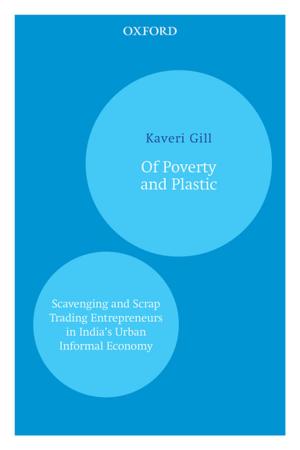From Lineage to State
Social Formations in the Mid-First Millennium B.C. in the Ganga Valley
Nonfiction, Social & Cultural Studies, Social Science, Sociology, Urban, Anthropology, History| Author: | Romila Thapar | ISBN: | 9780199087655 |
| Publisher: | OUP India | Publication: | November 1, 1999 |
| Imprint: | OUP India | Language: | English |
| Author: | Romila Thapar |
| ISBN: | 9780199087655 |
| Publisher: | OUP India |
| Publication: | November 1, 1999 |
| Imprint: | OUP India |
| Language: | English |
This book is a concise collection of lectures which discuss the nature of early Indian society during the mid-first millennium BC and relate it to the ancient Indian historical tradition in its earliest forms. It also looks at the particular character of social formations, their genesis, and continuity as part of the later Indian social landscape. Examining the social and political formulations of the period, this volume analyses the transformation of lineage-based societies into state formulations. It considers the migration and arrival of the monarchies in the middle Ganga valley, where the evolution of these societies resulted in the formation of a state. It provides insights into environmental influences on settlements, the particularities of caste, the role of rituals, and the interaction of ideology with these changes. The volume presents an account of the interplay of a range of variables in state formation.
This book is a concise collection of lectures which discuss the nature of early Indian society during the mid-first millennium BC and relate it to the ancient Indian historical tradition in its earliest forms. It also looks at the particular character of social formations, their genesis, and continuity as part of the later Indian social landscape. Examining the social and political formulations of the period, this volume analyses the transformation of lineage-based societies into state formulations. It considers the migration and arrival of the monarchies in the middle Ganga valley, where the evolution of these societies resulted in the formation of a state. It provides insights into environmental influences on settlements, the particularities of caste, the role of rituals, and the interaction of ideology with these changes. The volume presents an account of the interplay of a range of variables in state formation.















